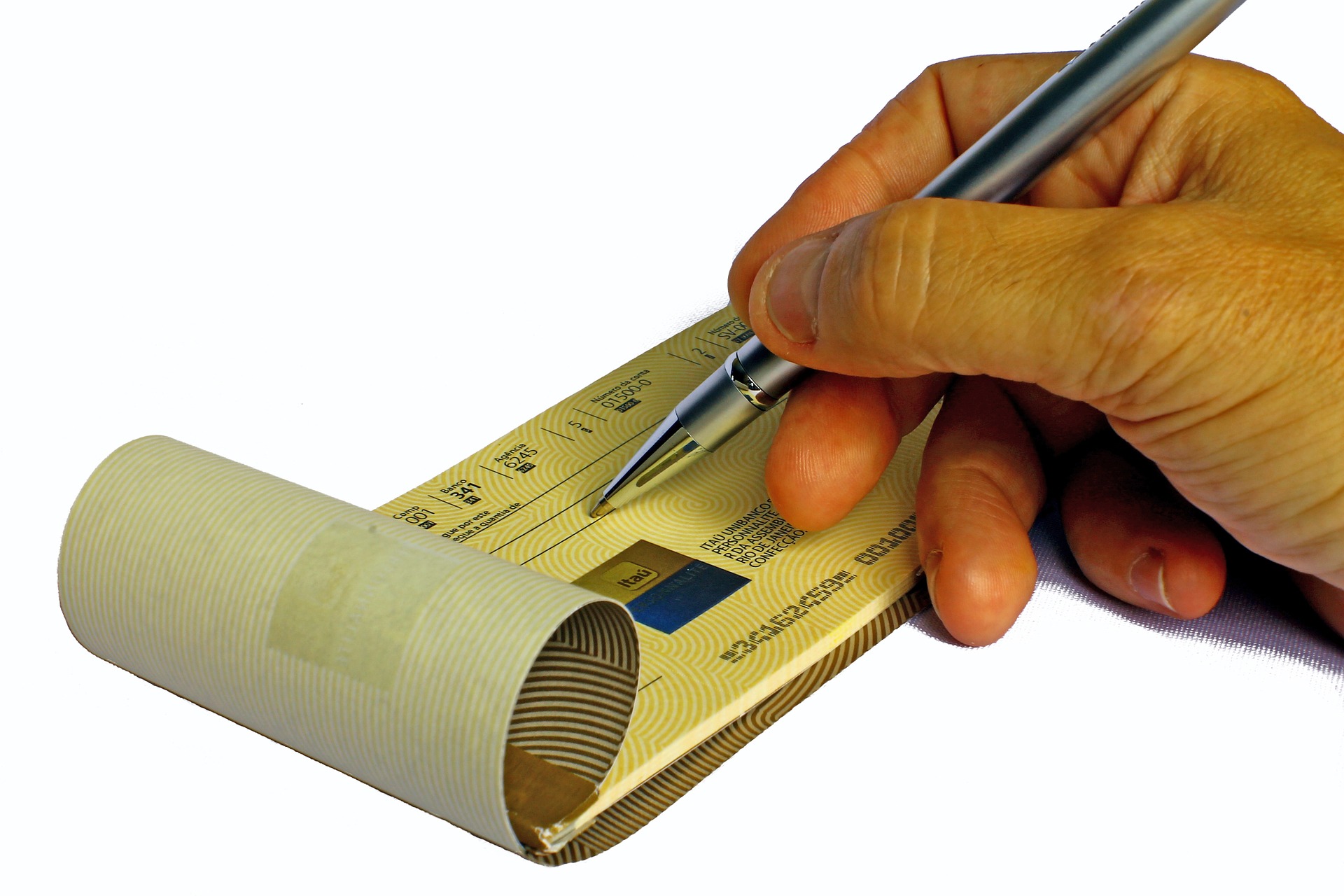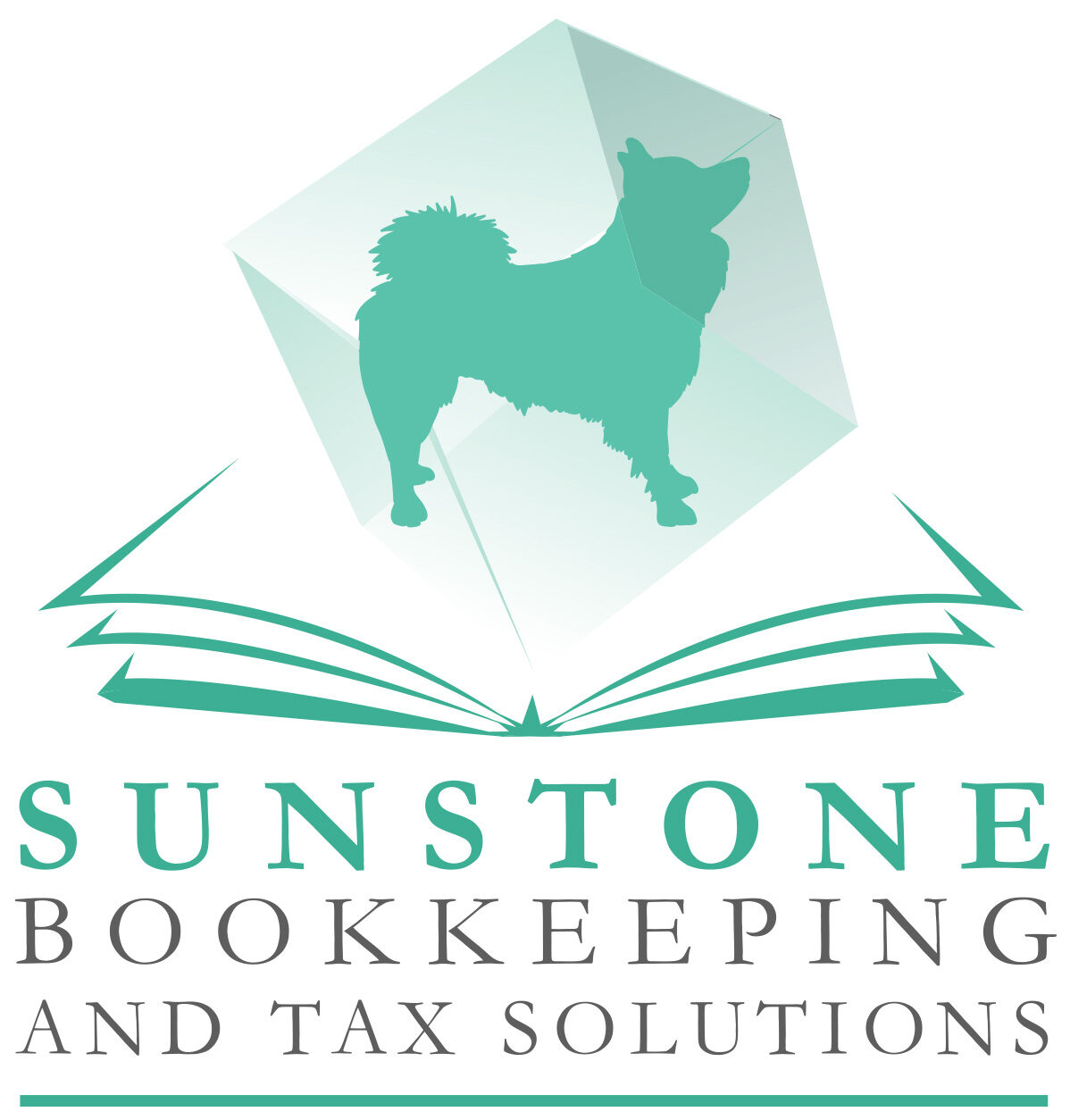
“So, I’ve been checking my bank account balance online to see how much money my business has to spend. I even subtract out the checks I recently wrote and debit card transactions from the day, so that should be fine, right?”
Many business owners run what some bookkeepers call “checkbook bookkeeping”. That is, they check their business financial health mainly by reviewing their bank account balance online to determine how much they can spend.
The ability to know your bank balance up to the day, sometimes even up to the hour, with a button click or a phone call is certainly a great tool. But it is not a great way to manage your business finances. Because even if you take into account the transactions that haven’t cleared yet, you’re still not getting a full picture of your business’s finances.
Here’s how checkbook bookkeeping can create problems:
- Outstanding and upcoming bills – Sure, you’ve subtracted out the checks and debit card transactions that haven’t cleared. But what about the upcoming utility bills? How many vendor bills are outstanding? And wait, is the annual insurance bill due soon? You need to look at what you’ll need to pay over the next few weeks in comparison to your expected income, not just you how much have in the bank today.
- Sales tax – Most likely, you’re collecting sales tax in some, if not all, of your transactions. And while that money does go into your bank account, that money is NOT your income. It’s money that you’re temporarily holding on behalf of the tax agency (possibly more than one, depending on location) to be paid at a later date. Depending on the revenue your business brings in, the sales tax due to the tax agency could add up to thousands of dollars. Not filing and paying the sales tax by the deadline will result in fines and interest charges.
- Payroll tax – If you have employees, you have payroll tax. Payroll involves a relatively complicated set of transactions, so I won’t delve too deeply into it here. But in a nutshell, as the employer, you’re required to withhold a certain amount from each employee’s paycheck to send over to the federal and state tax agencies on behalf of the employee. So, similarly to sales tax, you are temporarily holding on to these taxes for a while. At filing time, you are required to send that withheld money, as well as the taxes your business is responsible for, to the appropriate tax agencies. And if you think the consequences for delayed sales tax filings are stiff, they’re less than the consequences for delayed payroll tax filings (especially since you’re dealing with federal AND state at the minimum).
- Tips – Unless your customer pays a tip in cash directly to your employee, the tip is included in a check or credit card payment. When you deposit the check or receive the payment from your credit card processor, the tips are included in the total balance of your checkbook. Once again, however, these tips are money intended for a third party – in this case, the employee who earned it.
Knowing how much your business has in the bank is certainly a vital piece of financial information. However, it’s only one piece.
As a business owner, you should always know what your business owes so you can make informed decision about how much you can spend or invest. Reviewing your balance sheet on a regular basis will give you a more accurate picture of your business’s spending ability.
Comments or questions? Let us know!
